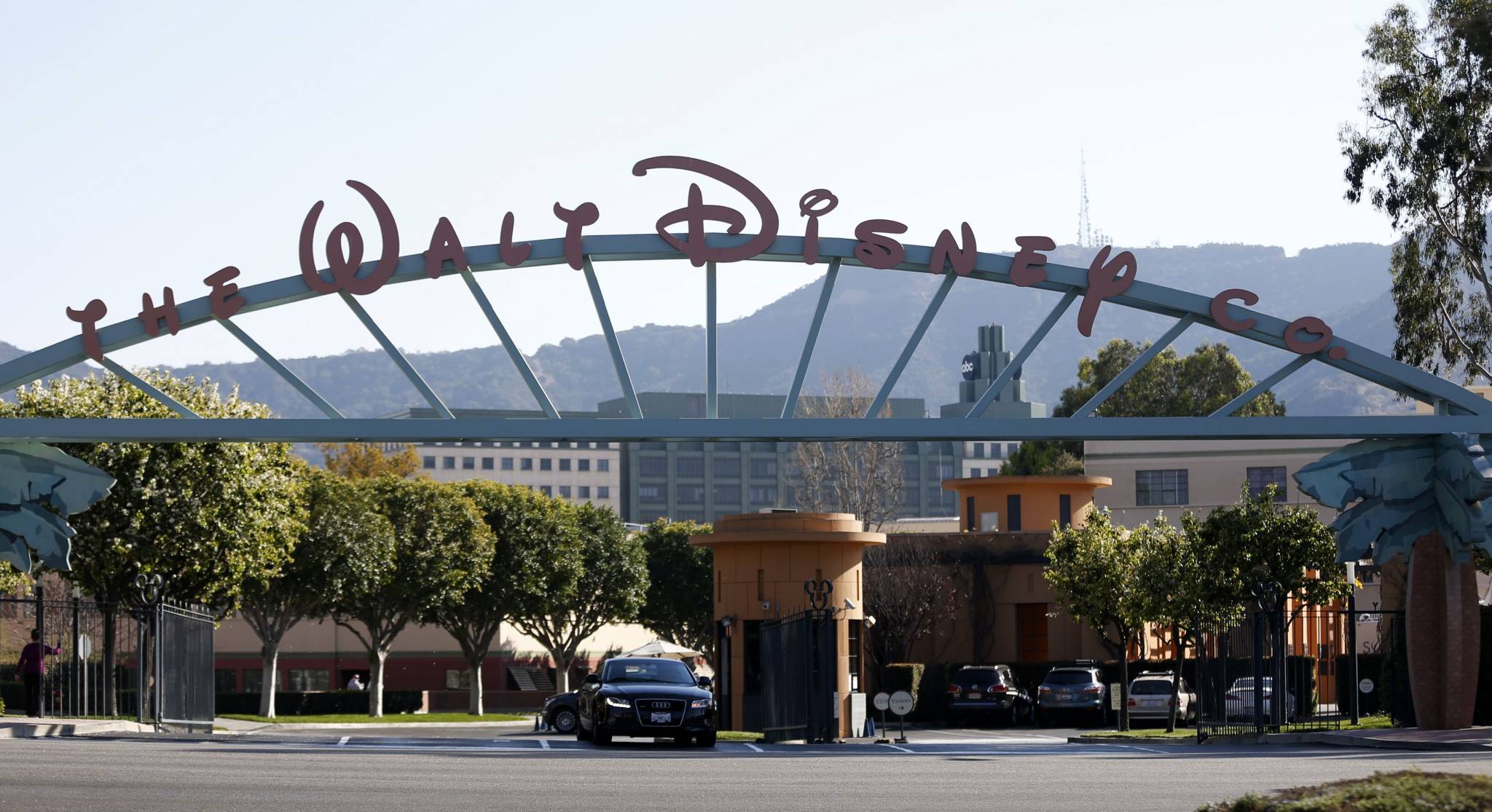Transcript of the CNBC interview with Ken Fisher, Fisher Investments. For those unfamiliar less familiar, Ken Fisher is the son of Warren Buffett's mentor, Philip Fisher, author of the investment favourite, "Common Stocks, Uncommon Profits," who taught Buffett to concentrate his holdings.
REBECCA QUICK, CNBC ANCHOR: U.S. investors are looking for a bounceback today following Monday's sell-off. We have a veteran stock picker with some billion-dollar ideas joining us.
Ken Fisher is the CEO and CIO of Fisher Investments. He's also a columnist for "Forbes."
And Ken, it's great to see you.
KEN FISHER, FISHER INVESTMENTS CEO AND CIO: Thanks for having me here.
QUICK: Why don't we talk real broadly about where you see the market because you're looking for sideways movement through the rest of the year. There were a lot of people who got spun into a little bit of a panic cycle yesterday hearing about the S&P.
FISHER: The market does whatever it does on a daily basis. And people are way too myopical. But this is I think a year that goes nowhere fast. And I think it's really hard for people to get into that because basically when you get down to it, we're kind of chittering chimpanzees with no memories. And whatever is going on we just babble about it and we're societally prone to myopic fascination.
The fact is that third years after market bottoms are normally lackluster. And this is normal. This is a year like 1994, 2005, where there's too many bulls, too many bears, not enough in between. The bears have to get more optimistic. The bulls have to get less optimistic.
Next year, the bull market can resume with gusto. But right now, we're getting fixated with nonsense. We're chittering about all kinds of things that didn't really matter. All this debt discussion that you've been having is -- I mean, net interest payments as a percent of GDP or tax revenues are half what they were 20 years ago. For a long time.
QUICK: Yes.
FISHER: We don't --
QUICK: But if we get downgraded, those payments are going to go way up.
FISHER: Well, and then you've got to think globally about interest rates and, Becky, with no disrespect you can always do yes, buts, but you can do the yes, buts you can bird dog them all down and we're still chittering chimpanzees with no memories because all those things were also worse 20 years ago.
QUICK: And in the meantime you don't really care about the broader overlook anyway because you've got some stocks that you think will do well no matter what.
FISHER: I think this is -- I would never go quite that far.
(LAUGHTER)
FISHER: But I think this is a picker's year. I think it's a picker's year for either stocks, categories, if you're a great short-term timer, which I'm not, it's a good year because getting in, get out, move around, in a world that's got volatility and chop, but really going nowhere fast.
The going nowhere fast is a hard concept for people to accept because they want to be on one side or the other.
QUICK: Well, let's talk about some of those picks so people can really dig into those. Ryanair is one of your picks. And that's because, like many airlines, it's finding ways to charge for just about anything?
FISHER: I'd flip that on its head. First, Michael Leary is either the guy you love or the guy you hate as a CEO.
QUICK: Does Ryanair have to pay to use the bathroom?
FISHER: They're going to make you pay to do everything but they're also going to sell you everything.
QUICK: Yes.
FISHER: They actually have flight attendants getting sales commissions which is, if you think about it, the right thing for airlines to do. What they want to do is, and Michael Leary is very clear on this, create the free ticket in perpetuity.
The notion of a free ticket is a great idea. You just -- you get on the plane, they sell you stuff, the stuff they sell you is what pays you going. It's a great idea. It's a cheap stock. They are growing, gaining market share.
I think this is one of these kind of companies where over the next year or two, people can come to see it as a cut above their competition, even though the competition just hates them and this notion that they're going to sell you all this stuff sounds cheesy. It's the classic notion of a consumer company. And the rest of the airlines, I think, we all know, are basically not consumer companies.
QUICK: Ken, can you hold on for just a moment? We've got J&J earnings out.
FISHER: Sure.
QUICK: We want to take people through a look at those numbers very quickly, too.
CARL QUINTANILLA, CNBC ANCHOR: Yes. Looks like $1.35 once you take out items. Street was looking for $1.26. Revenue for the quarter -- Gary do you see it? 16.2.
GARY KAMINSKY, CNBC ANCHOR: Revenue above expectations. It looks like the stock is up about 2 percent in the premarket following these results.
QUINTANILLA: Worldwide consumer sales, $3.68 billion for the first quarter. A decrease of 2.2 percent versus the prior year. Worldwide, sales of pharma 6.1, an increase of 7.5 versus the prior year.
Of course, everybody is going to want to know more about the -- some of the costs related to the ongoing recalls.
KAMINSKY: A number of expenses related to recalls on hip -- on some hip products, but all in all, I think the revenue number is above expectations.
QUICK: Hey, guys, this is key, too. The company raising its earnings guidance for the full year, it's now saying $4.90 to $5 a share. Street was looking for $4.85. So that is significantly above where they had been. That could be part of the reason that you're seeing the big pop today.
If you look for some of the comments that are being made by the company, they say that the pharmaceutical business demonstrated strong growth for the quarter. They say it was because of largely the performance of recently launched products. And those are comments that are being made by Weldon who is the chairman and chief executive officer.
Again, though, raising guidance for the year. And that could be part of the reason that you're seeing the big jump. That stock at 62.39, the ask is at 62.41. After closing, it's 60.46. And is that helping for the Dow futures, too? Dow component, Johnson & Johnson.
QUINTANILLA: Yes.
QUICK: You see right now the futures are up about 19?
QUINTANILLA: Yes.
KAMINSKY: Ken, you were saying -- you were talking about paying attention to nonsense and there's too much attention paid to short-term nonsense. You look at a company like Johnson & Johnson report. And in terms of your portfolio strategy, do you look at quarterly earnings?
How much importance do you put in the positions that you own in the portfolio into what a company does?
(CROSSTALK)
FISHER: In terms of quarterly earnings?
KAMINSKY: In terms of quarterly earnings.
FISHER: In terms of what a company does, that's different, but quarterly earnings are basically nonsense. This is a little bit like thinking -- I mean, quarterly comes from annual. Annual comes from our very long historical association starting out with an agricultural background.
Otherwise years superfluous to business ventures. If you think about it, businesses start off. They build a plant. The plant has a payback over a long period of time. Annual is an artificial set of barriers that we create that really don't tell you about where fundamentally a business is going.
So what happens in a quarter, which is a subset of an annual, is really a form of nonsense. It's part of what we chitter about. It's part of what we're myopic about. Drug companies like J&J, great company, are typically late bull market cycle stocks and strong bear market cycle stocks.
They're not usually early or mid-bull market stocks. And you have to think about these things sort of in a macro position in my view.
QUICK: Ken, I want to get one more stock pick from you before we let you go. Costco is another one.
FISHER: Yes, and this is a sort of a similar view as to my Ryanair view but different. It's similar in that I think this is a play on John Senegal who I think will come out of this cycle seen as a hero CEO. Seventy-five- year-old guy who started out as a grocery bagger, made his life, built this company. Is still today at 75 building a company for 50 years from now.
This is the classic long-term thinker, and I think as we move through this bull market, the efficiencies he's building, this is one of the two big, great, cheap retailers. And I think that will come to be seen and get premium valuation which he doesn't have now.













